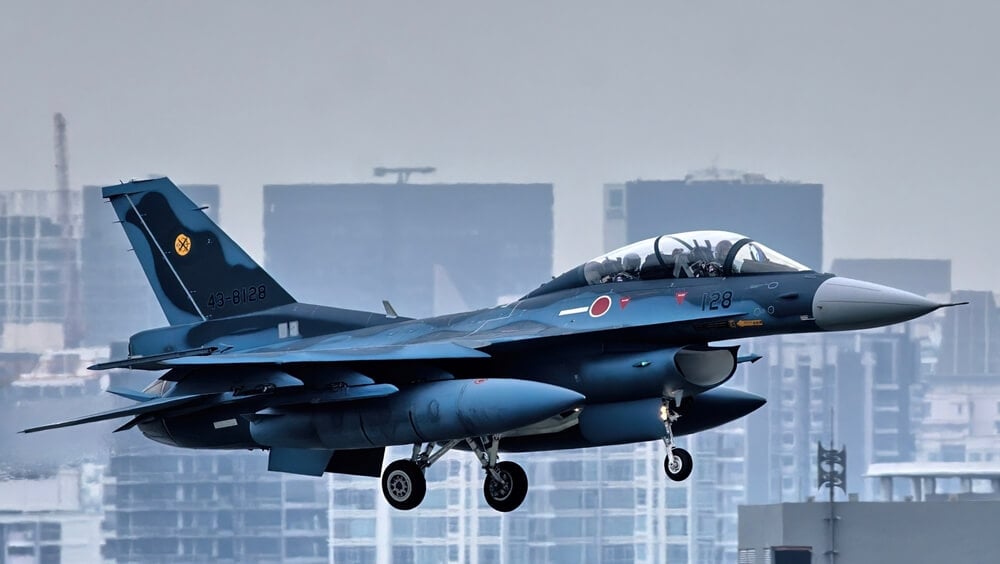Japan's ruling Liberal Democratic Party (LDP) has chosen its veteran Shigeru Ishiba as its new leader and future prime minister as a way out of a reputational crisis caused by a series of scandals that have badly resonated with the public.
On October 1, Mr Ishiba will present the new government, which will end the leadership crisis after the previous PM, Fumio Kishida, gave up the race for a new mandate in August.
The LDP's choice reflects their desire to rebuild trust after scandals involving high-ranking officials' misuse of party funds severely damaged it.
In recent months, Kishida's government has been at an all-time low of only around 20% support, leaving the recent prime minister with no choice but to step down.
“Trusting in the people and speaking the truth with courage and sincerity, I will do my utmost to make this nation of Japan a safe and secure country where everyone can once again live with a smile,” said the future prime minister after winning the race for the new LDP leader.
Veteran of Japanese politics
The party that has ruled Japan almost continuously since the Second World War appears to have chosen Mr Ishiba as its leader out of a need to revitalise its image in time for the parliamentary elections, which must take place by the end of October 2025 at the latest.
Although the new leader and prime minister, Ishiba, is not particularly popular among factions in the LDP, he enjoys widespread support among citizens. He is a veteran of Japanese politics and the ruling LDP; he has been in the parliament since 1986; he was the minister of defence and agriculture.
Shigeru Ishiba received a clear message that his party relies on his personal popularity as a way out of the zone of high distrust among voters
Defeating as many as eight opponents, a record number of participants in the race for the leader, Shigeru Ishiba received a clear message that his party relies on his personal popularity as a way out of the zone of high distrust among voters. There won't be much time for that.
As early as Tuesday, the main tasks of his government will relate to the economy, which Ishiba intends to pull out of the prolonged deflation and reduce the cost of living in order to increase consumption. He is in favour of raising taxes for businesses rather than burdening the broad tax base of citizens.
Robust Japanese military
With the new prime minister, we should not expect changes in the principal directions of Japanese foreign policy, particularly security policy.
Ishiba will continue his predecessor Kishida's policy of strengthening the Japanese defence forces and their readiness to participate in international operations with their allies, particularly the US.
 Shigeru Ishiba will continue his predecessor Kishido's policy of strengthening the Japanese defence forces
Shigeru Ishiba will continue his predecessor Kishido's policy of strengthening the Japanese defence forces
“He has always advocated for a robust Japanese military, and that’s what is going to be happening in East Asia,” said Michael Cucek, of Temple University in Tokyo.
Ishiba's tendency to criticise even the moves of his own party and government, including the cabinet of PM Kishida, which raised investments in the country's military capabilities, does not, however, mean his opposition to such a course.
Moreover, Mr Ishiba is an advocate of stronger security integration of allies in the Pacific, even the creation of an Asian NATO, which he also talked about in the campaign. However, his thoughts on this do not resonate well with the US, Japan's most important partner.
Asian NATO
An Asian NATO is "not what we are looking for in the region," an official in the Biden administration told Nikkei Asia.
Daniel Kritenbrink, the assistant U.S. secretary of state for East Asia and the Pacific, did not have much understanding for the ideas about a new security architecture in the region promoted by Shigeru Ishiba during the campaign.
“It's too early to talk about collective security in that context and the creation of more formal institutions,” said Mr Kritenbring earlier this month.
But Mr Ishiba will have the opportunity in the coming mandate to show the strength of his idea of making security cooperation with the US reciprocal, i.e., allowing Japan to deploy its troops on US territory, as is the case in the opposite scenario. He suggested transforming the existing US military bases in Japan into joint operations, a concept he mentioned in Okinawa, the region with the highest concentration of US troops.
The future Japanese prime minister is a staunch supporter of Taiwan and visited it in August
At the same time, there are some overemphasised reservations about Mr Ishida's relationship with China, suggesting that he might have a more moderate attitude towards Beijing than his two predecessors, Fumio Kishida and Shinzo Abe.
The future Japanese prime minister is a staunch supporter of Taiwan and visited it in August, which was also the occasion for Beijing's only comment regarding Ishiba's election.
On that occasion, the Chinese Ministry of Foreign Affairs stood up for "the long-term healthy and stable development of Sino-Japanese relations" but opposed foreign leaders' visits to Taiwan.
Japan, with a new prime minister, undoubtedly remains committed to the alliance with the US and other regional partners, with an equal commitment to increased security risks.